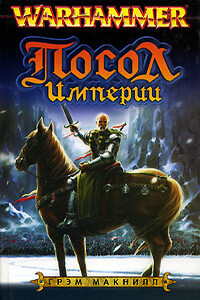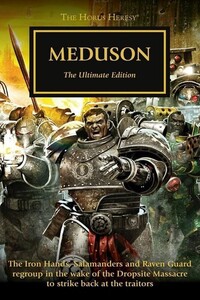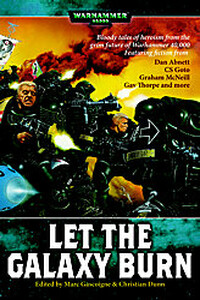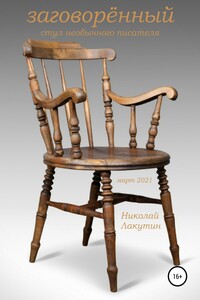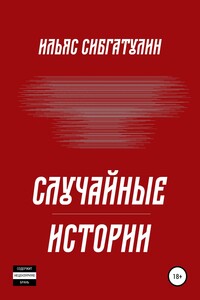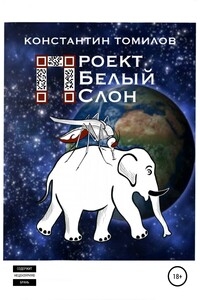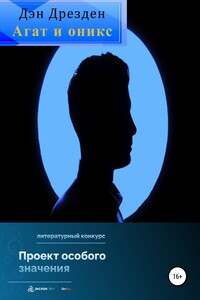False Gods | страница 25
He had made some conquests by riding the adulation for his earlier work, Reflections and Odes garnering him several notable carnal tales, while other, more easily impressed members of the opposite sex had been seduced by his witty badinage.
He already knew that Euphrati Keeler was too smart to fall for such obvious flattery, and contented himself with counting her simply as a friend. He smiled as he realised that he didn't think he'd ever had a woman as a friend before.
'To answer your question seriously, my dear,' he said. 'I hope the Warmaster will be here soon. My mouth's as dry as a Tallam's sandal and I could use a bloody drink,’
'Ignace…' said Euphrati.
'Spare us from those of moral fibre,' he sighed. 'I didn't mean anything alcoholic, though I could fair sink a bottle of that swill they drank on Sixty-Three Nineteen right about now,’
'I thought you hated that wine,' said Keeler. You said it was tragic,’
'Ah, yes, but when you've been reduced to drinking the same vintage for months, it's surprising what you'll be willing to drink for a change,’
She smiled, placing her hand over whatever lay at the end of the chain around her neck and said, 'I'll pray for you, Ignace,’
He felt a flicker of surprise at her choice of words, and then saw an expression of rapt adoration settle over her as she raised her picter at something behind him. He turned to see the door flap of the yurt pushed aside and the massive bulk of an Astartes duck down as he entered. Karkasy did a slow double take as he saw that the warrior's shining plate armour was not that of the Sons of Horus, but was the carved granite grey of the Word Bearers. The warrior carried a staff crowned with a book draped in oath paper, over which wound a long sash of
purple cloth. He had his helmet tucked into the crook of his arm, and seemed surprised to see all the remembrancers there.
Karkasy could see that the Astartes's wide-featured face was earnest and serious, his skull shaved and covered with intricate scriptwork. One shoulder guard of his armour was draped in heavy parchment, rich with illuminated letters, while the other bore the distinctive icon of a book with a flame burning in its centre. Though he knew it symbolised enlightenment springing forth from the word, Karkasy instinctively disliked it.
It spoke to his poet's soul of the Death of Knowledge, a terrible time in the history of ancient Terra when madmen and demagogues burned books, libraries and wordsmiths for fear of the ideas they might spread with their artistry. By Karkasy's way of thinking, such symbols belonged to heathens and philistines, not Astartes charged with expanding the frontiers of knowledge, progress and enlightenment. '

